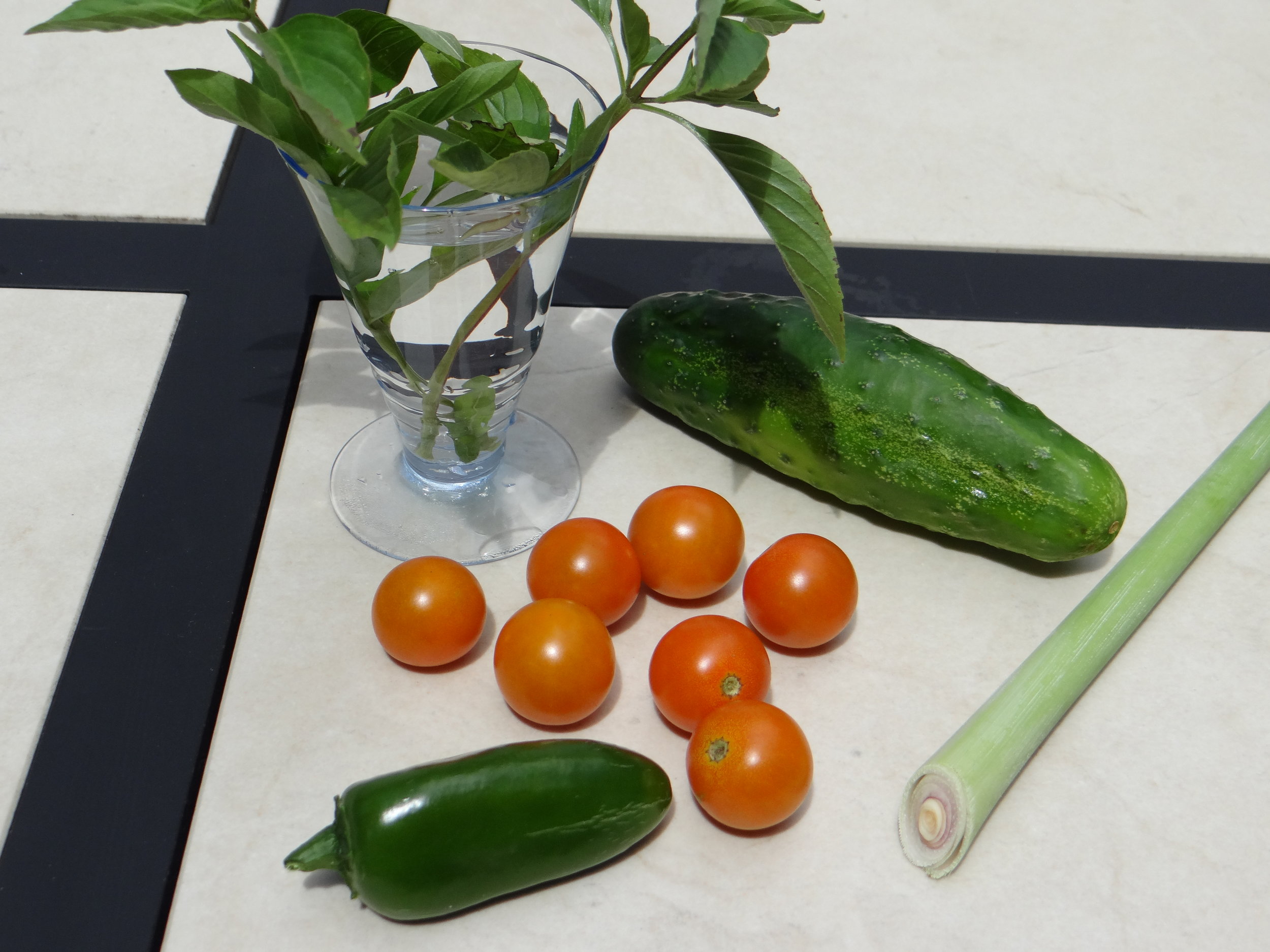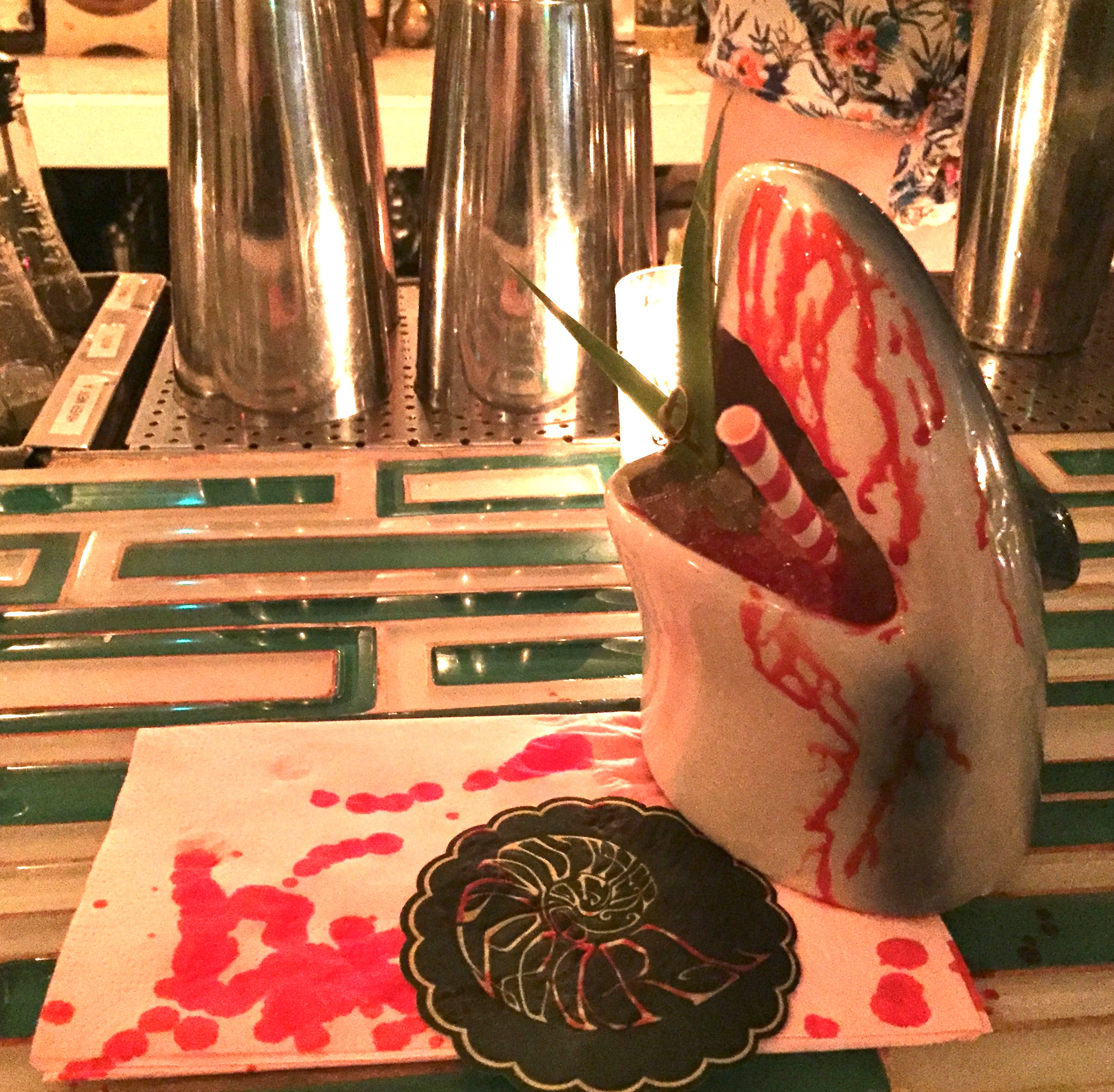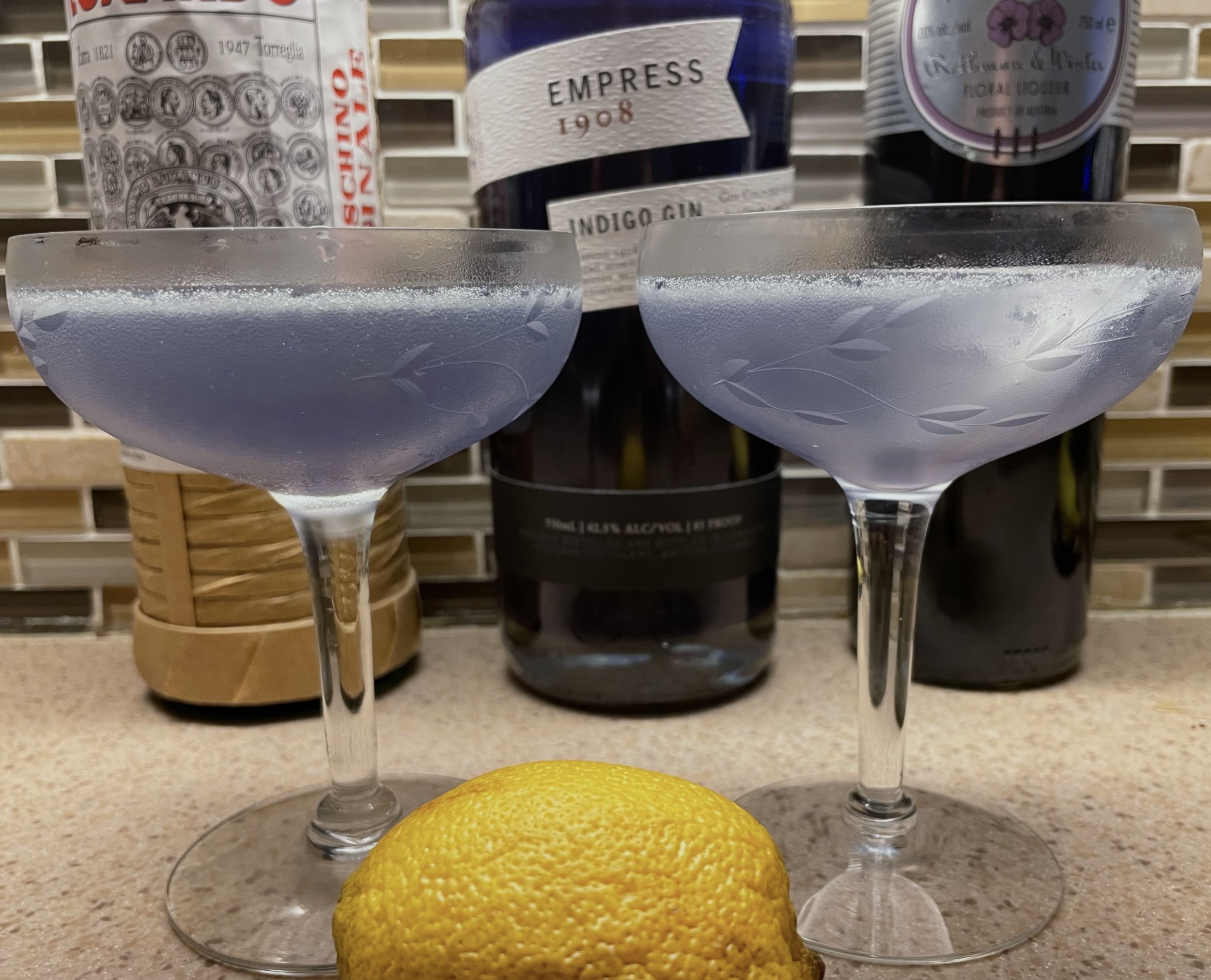Beautiful barware

I would not consider myself an aesthete. Don’t get me wrong: I have a deep appreciation for beauty in its many forms. I have contemplated the mysterious smile of Mona Lisa, been moved to tears by the passion of Verdi’s Requiem, seen stone made flesh in the statue of David. Everyday items, like a well-styled suit or the elegant façade of a building, catch my eye in passing. I admire the vision and craftsmanship required to create a beautiful object.
Yet my daily routine is largely one of function over form. Scientists like myself are, as a rule, pragmatic and utilitarian. Spills and splatters are commonplace in the laboratory, so we forgo sartorial splendor and opt instead for t-shirt, jeans, and a white coat. Lab décor consists of chemically-resistant benchtops, matte black, arrayed with racks of test tubes, stacks of petri plates, centrifuges, heating blocks, pipets – perfectly functional but, let’s be honest, not particularly pleasing to the eye.
When it comes to cocktails, however, I do consider the aesthetics of my bar tools. I invest a lot of thought and care in the drinks I make, and I feel that the same attention should be devoted to the utensils used in their preparation. There’s the satisfying heft of the hand-made knife, the graceful shape of the muddler, the exotic wood grain of the cutting board, the sparkle of the crystal cocktail shaker. Because most of these objects were gifts, they serve as talismans of the people most important to me. Mixing cocktails becomes both a reminder of past relationships and a means of forging new ones. What better reason to raise a glass?
h.




